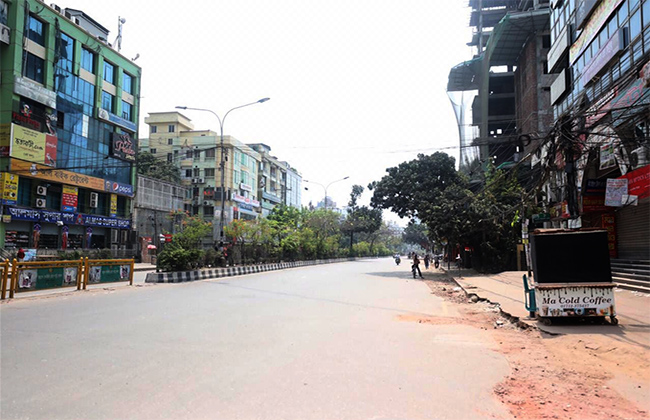
The problem with the lockdown is that it’s a formal method that requires a level of discipline and order that is rarely seen in Bangladesh in general let alone the health sector. It involves herd behavior management of various groups and classes. As the lockdown nears, people are more in panic in the cities about groceries than the disease. It’s a matter of concern all have ignored.
The global pandemic has eroded the credibility of the scientific community as many of their prognosis failed to match reality. They also have been targeted for their lack of anticipation. Health administrators and politicians have also been regularly derided for their lack of capacity in managing and finding routes to trek out of the crisis. Broadly speaking, the world feels less confident about the establishment, whether health, medical or state management than they did before Corona struck.
On the other hand, the very rapid development of vaccines of several streams also show the potential and possibility at work of the scientific and medical world. In Bangladesh, despite so many woes it has remained largely unscathed by the pandemic and even the dreaded economic crash which many had predicted didn’t occur.
However, at least some of it is due to luck or accident. The first round of the dominant virus strain in South Asia was not as virulent as the Western world’s dominant strain and the case fatality ratio has been less than alarming. Many people were mildly affected and asymptomatic cases were many created a false sense of immunity and security.
This is not just the issue in Bangladesh but South Asia in general. But then again, only three countries have been severely affected- India, Pakistan and Bangladesh- and the case load in these three countries is spiraling up at an astonishing level currently. The variant at work is the South African one which is highly contagious and thus very high level of infections mean a much higher number of deaths too.
Governments of all the three countries have been haphazard in mixing politics and health emergencies and one is not sure which one is their priority. In Bangladesh, the social communication focus has been zero and after the first few months, people decided that this was not a crisis and the Government did little to change their opinion. Now people have fallen into a habit of neglecting health tasks like mask wearing. It will be very difficult to make people see the value of discipline when they have enjoyed the indulgence of irresponsibility even at the time of a global pandemic.
While recognizing we are an informal society, it’s best for all to remember that formal discipline in governance and health management can’t be replaced. People will respond to the proper official stimuli and that was significantly missing before which has made control of the pandemic much more difficult. It’s hoped that lessons will be learnt to deal with the next round after this which is inevitable too. The virus is changing our life and we need to change to survive.

